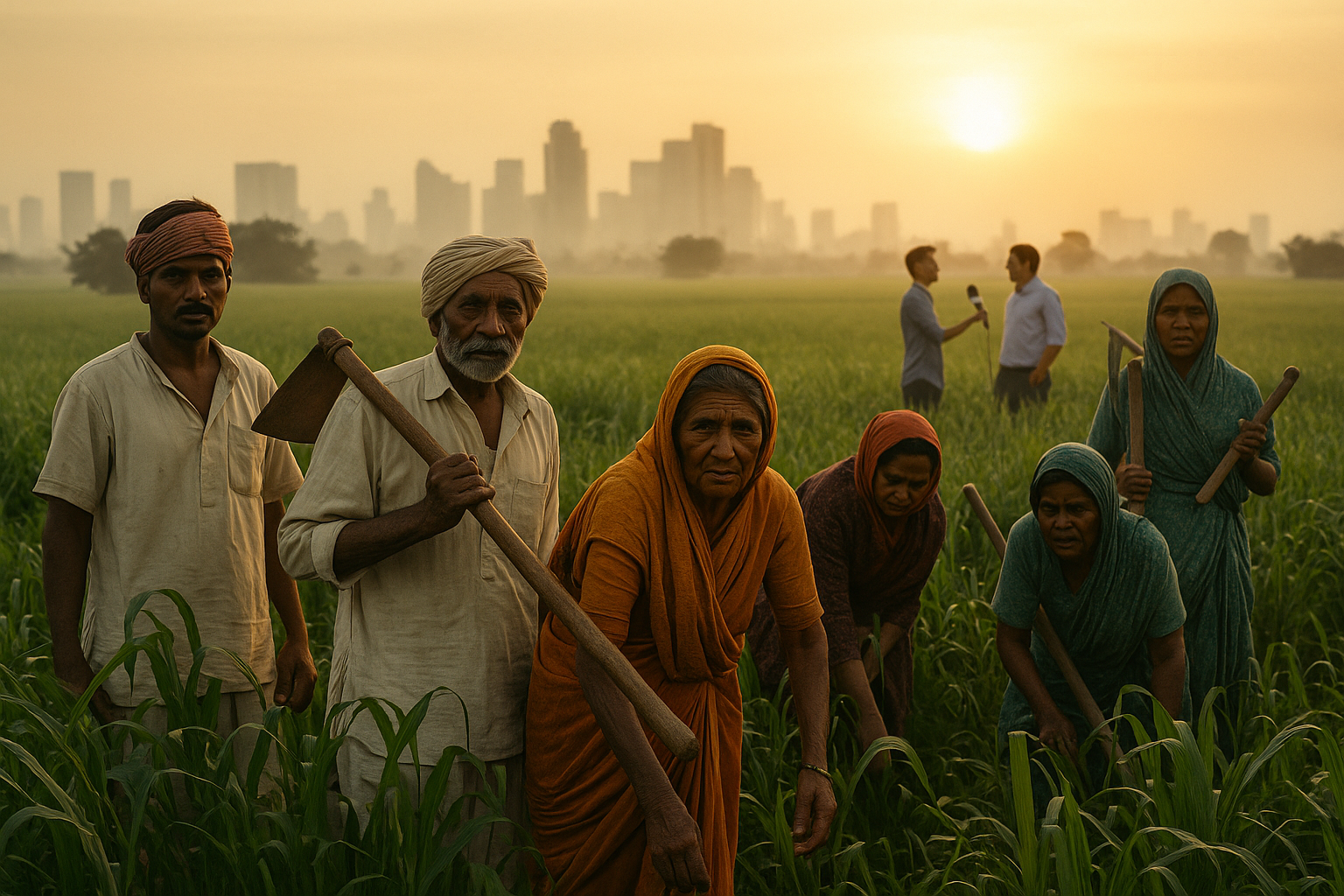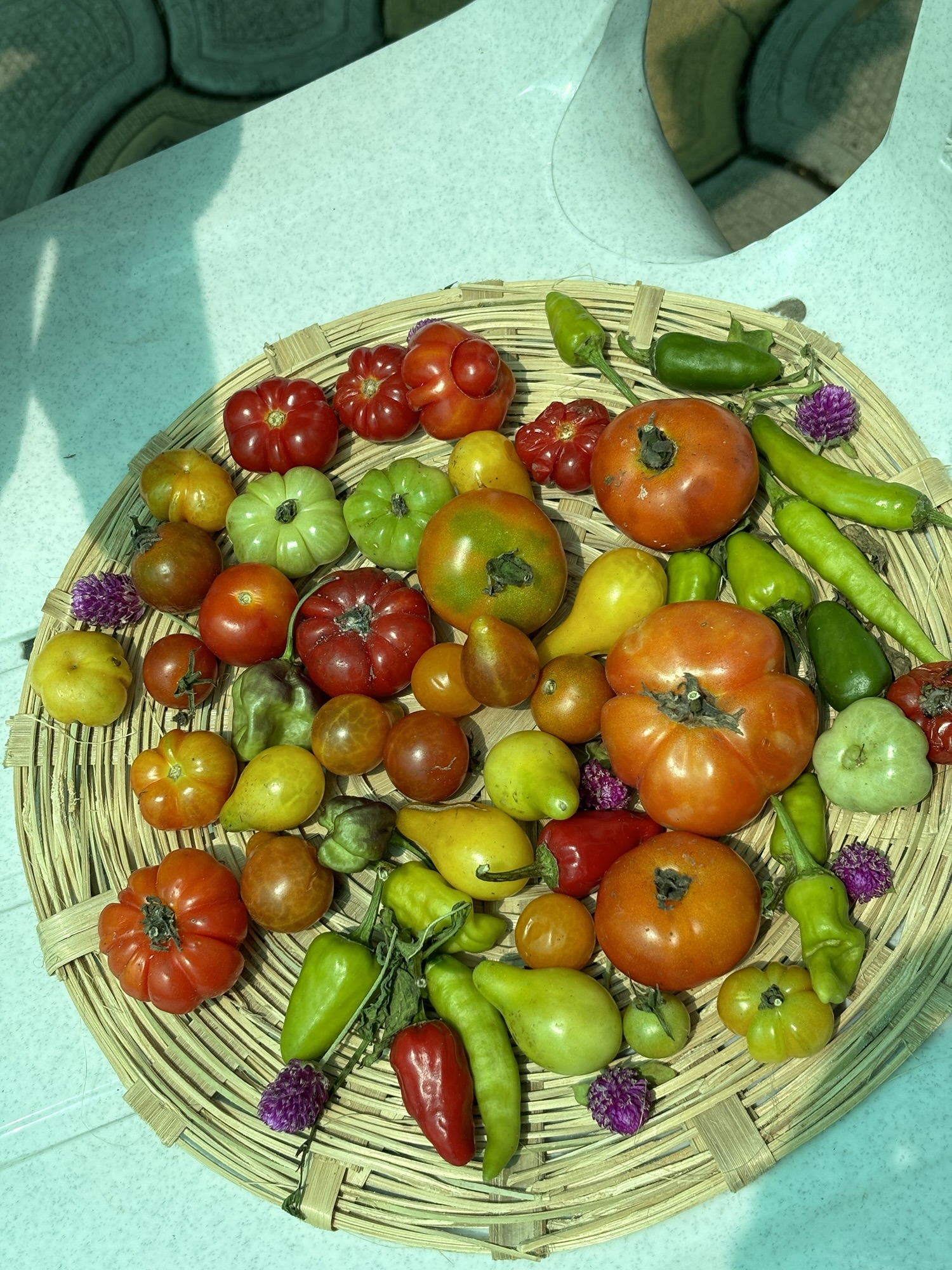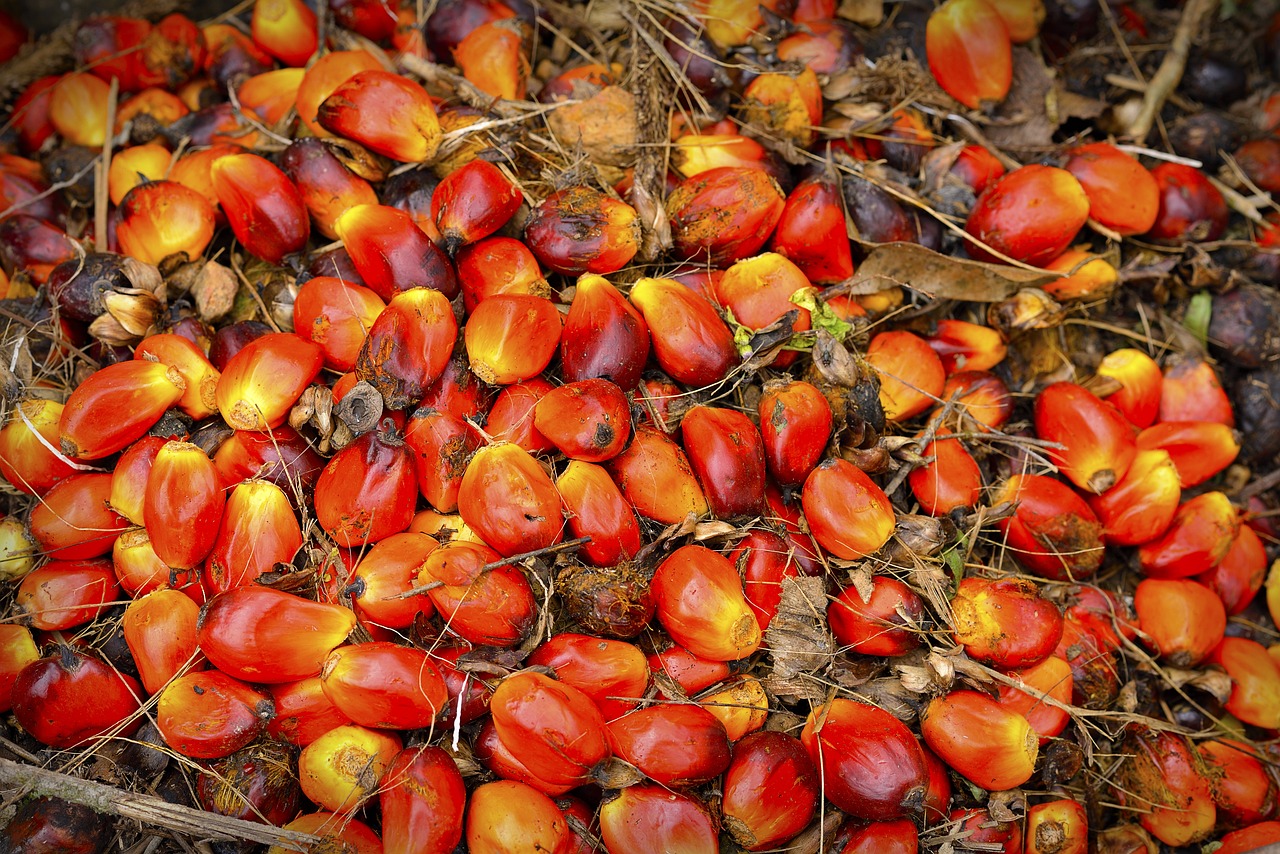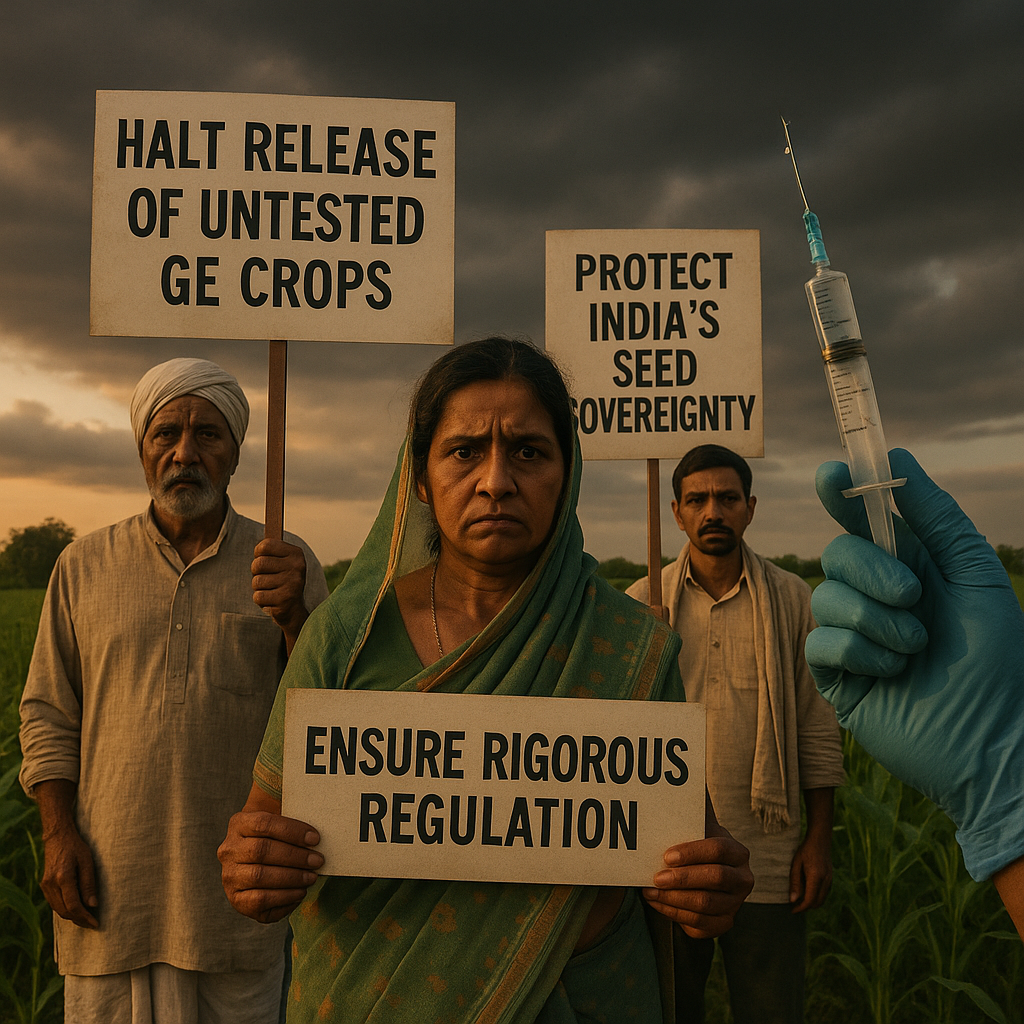6 July 2025
In India, food is a cultural cornerstone, a source of national pride, and a daily necessity for 1.4 billion people. Yet, the very people who make this abundance possible like farmers, farm labourers, and countless workers across the food systems remain largely invisible in the national consciousness. Their struggles rarely make headlines unless there’s a crisis, a protest, or, more palatably for the media, a story of an urban professional or NRI returning to “rediscover the soil.” This selective celebration raises uncomfortable questions: Why do we glorify the techie-turned-farmer, but ignore those who have always sustained our food systems, often at great personal cost? Why is there so little respect, recognition, or aspiration attached to careers in food systems for ordinary Indians?
The Invisible Backbone: Realities on the Ground
India’s food system is vast and complex, involving millions of smallholder farmers, agricultural labourers, transporters, processors, and retailers. The majority of these workers are not landowners or entrepreneurs, but daily wage earners and marginal farmers, many of whom live precariously close to poverty. Over 50% of agricultural labour households do not own any land, making them dependent on meager, irregular wages and vulnerable to exploitation. The average monthly income for a farmer in states like Jharkhand is less than ₹5,000, less than half the national average.
Economic insecurity is the norm, not the exception. Most agricultural work is seasonal, leading to periods of unemployment and chronic underemployment. Social deprivation compounds these challenges, especially for those from marginalized communities. Access to education, healthcare, and social security is limited, perpetuating cycles of poverty and indebtedness. Many are forced to borrow at high interest rates from informal lenders, leading to a “vicious cycle” of debt that can, and does, end in tragedy.
Media Narratives: Who Gets Celebrated, and Why?
Mainstream and social media often focus on “success stories” the techie who left a lucrative job to farm organically, the NRI who returns to revive ancestral land, the urban entrepreneur who brings technology to the field. These stories are inspiring, but they are also exceptional and they are accidents and not the product of a system. They are celebrated precisely because they are seen as “risky” for people who have other options, financial cushions, and social capital. For the millions who never left the land, who have no safety net, there is no such romance or applause, only the expectation that they will continue to feed the nation, quietly and often without a complaint or a say in national discourse.
The media’s selective focus creates a distorted narrative. It suggests that farming is only worthy of respect when it is a choice, not a compulsion. It overlooks the structural challenges, declining landholdings, low incomes, lack of access to technology and credit, which makes food systems work so difficult for the majority. It fails to ask why so few young people from farming families see a future in agriculture, or why those who remain are so rarely recognized as innovators or nation-builders.
The Essential Role of Food System Workers
India’s food security, nutrition, and economic stability depend on these unsung workers more than ever. The Public Distribution System (PDS), the world’s largest, feeds over 80 Crores people, relying on the relentless efforts of farmers, procurement agents, transporters, and ration shop workers. Without them, the National Food Security Act would be a hollow promise.
But their role goes beyond mere production. Food system workers are stewards of India’s natural resources like soil, water, agro-biodiversity, facing the brunt of climate change, resource depletion, and environmental degradation. They are also at the frontline of public health: their choices and constraints shape the diversity and quality of diets, impacting rates of malnutrition, stunting, and chronic disease. As India urbanizes and diets shift, the challenge of ensuring affordable, nutritious, and sustainable food for all will only grow more complex and the importance of those who work in food systems will only increase.
Why Don’t We Celebrate the Real Heroes?
The lack of recognition for food system workers is not just a media failure it is a societal one. Respect and aspiration are shaped by economic and cultural values. In India, agriculture is often seen as a “last resort,” a sector of drudgery and decline, not innovation or progress. Professional growth is limited, social status is low, and the risks like financial, physical, psychological are way more immense.
By contrast, the techie-turned-farmer is celebrated because they embody “choice”, they are seen as bringing knowledge, capital, and modernity to a “backward” sector. But this narrative is deeply unfair. It ignores the fact that millions of ordinary Indians continue to innovate, adapt, and sustain the food system despite overwhelming odds. They experiment with new crops, manage scarce resources, and navigate volatile markets without the safety nets available to urban professionals.
The Urgent Need for a New Narrative
If India is to build a resilient, equitable, and sustainable food system, it must start by recognizing and valuing the people who make it possible. This means:
- Celebrating everyday food system workers not just the exceptional few, but the millions whose daily labour sustains the nation.
- Investing in their well-being through fair wages, social security, access to education and healthcare, and support for innovation at all levels.
- Challenging the stigma attached to food system work, and creating pathways for professional growth, dignity, and aspiration.
- Reforming policies and institutions to address structural inequalities landlessness, lack of credit, market access, and social exclusion that keep food system workers at the margins.
More Important Than Ever
The COVID-19 pandemic, climate shocks, and global supply chain disruptions have shown how fragile food systems can be and how essential their workers are. Without them, there is no food security, no nutrition, no economic stability. As India looks to the future, the question is not whether we can afford to value food system workers, but whether we can afford not to.
“Agricultural labourers form the backbone of India’s agrarian economy, yet they often face significant economic challenges that hinder their quality of life. This dependency on landowners creates a cycle of poverty and indebtedness, making it difficult for them to break free from their economic plight.”
It’s time to move beyond token celebrations of the “returning techie” and recognize the quiet heroism of those who have always been here feeding the nation, sustaining its land, and holding its future in their hands. Their work is not just important; it is indispensable. And until we acknowledge this, in policy, in media, and in our collective imagination, India’s food system will remain unjust and unsustainable for those who matter most.





